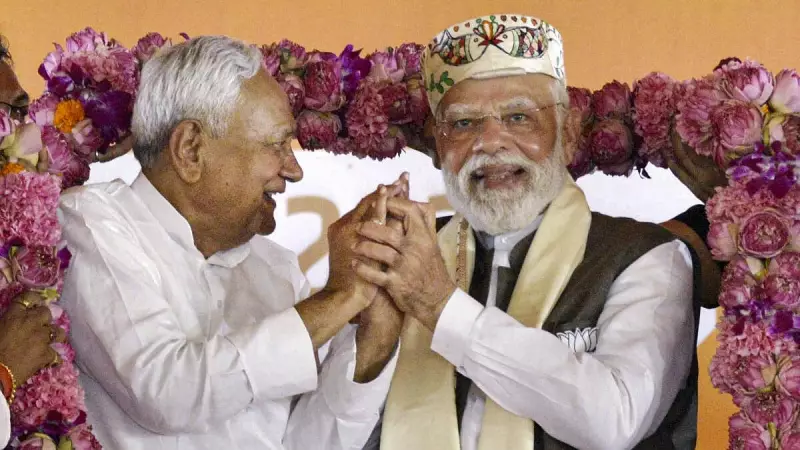
In a significant declaration that could shape future peace negotiations, Israeli Prime Minister Benjamin Netanyahu has firmly stated that Israel will maintain exclusive authority over which foreign troops are deemed acceptable for securing any potential Gaza ceasefire agreement.
The strong-willed leader emphasized that while international involvement in ceasefire enforcement might be considered, the final decision regarding the composition and nature of such forces rests solely with the Israeli government. This position underscores Israel's determination to control security arrangements in the volatile region.
Netanyahu's statement comes at a critical juncture in the ongoing conflict, as diplomatic efforts intensify to broker a sustainable truce between Israel and Hamas. The Prime Minister's remarks signal Israel's unwillingness to compromise on security matters that it considers vital to national interests.
The declaration potentially impacts proposals from various international bodies and nations that have suggested deploying multinational forces to monitor and enforce ceasefire agreements in Gaza. Netanyahu's position makes clear that any such proposals would require Israel's explicit approval before implementation.
This firm stance reflects Israel's historical cautious approach toward international peacekeeping forces in conflict zones, rooted in past experiences where such forces were perceived as ineffective or biased. The Israeli government appears determined to avoid repeating what it views as past mistakes in security arrangements.
As ceasefire negotiations continue behind closed doors, Netanyahu's unambiguous position sets clear parameters for what Israel will accept in any final agreement. This development comes amid increasing international pressure to find a lasting solution to the recurring violence in the region.
The Prime Minister's statement also serves as a reminder to the international community that while Israel may consider outside assistance in maintaining peace, it will not relinquish control over fundamental security decisions affecting its borders and citizens.





